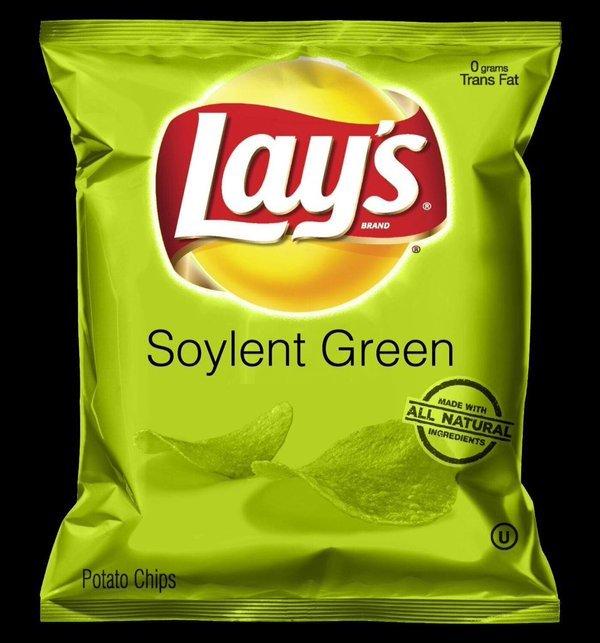For a close comparison, it might be worth considering the product line available from Beyond Meat, on grocery store shelves to some extent since 2012. All their meat substitutes are made directly from plant processing and come apparently close to simulating chicken, beef, pork, and sausage. In theory, their product line alone would avoid cattle and pig production, with the global warming contribution of those activities and the butchering process of killing all the animals we chew on. I am not qualified to rate how well their products duplicate the animal products, because I’ve never tried them. I am not alone. Their market acceptance has been a bit dismal, with the company struggling to succeed. Trying to take this new ‘genuine animal cell lab process’ to a significant operation of scale would likely meet with a similar lack of marketing success and public acceptance. Just my guess.

